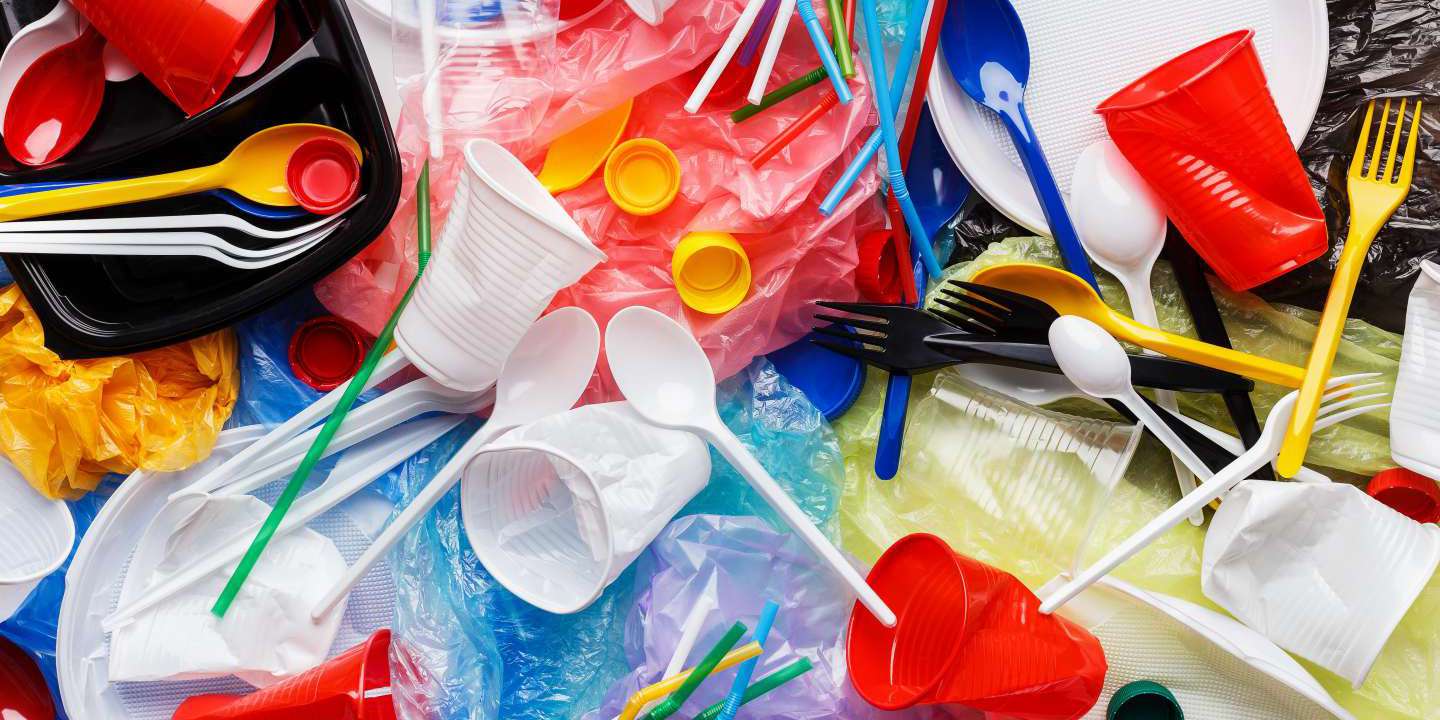
- While recycling seems sustainable on the surface, there is a dark side
- The current status of the U.S. recycling procedure is largely inefficient and is driven by for-profit companies, many of which prioritize profit over sustainability
- Many of our recyclable waste ends up in developing nations, often polluting their waters, air, and land
Is Recycling Bad?
“Put Waste in the Right Place,” “Never Refuse to Reuse,” and “Reduce, Reuse, Recycle” are just a few of the popular slogans that have been circulated throughout America in the past decade in a push to get more people to recycle their waste. In fact, while in the 1960s recycling made up just 6 percent of waste generated in America, in 2017 it was estimated to be over 35 percent. This great push towards sustainability is one that seems greatly beneficial for the world on the surface, however, there is a dark side to recycling – one that leads to increased pollution, the exploitation of less developed countries, and a dangerous for-profit system that focuses on capital rather than sustainable goals.
Where Do Our Recycled Materials Go?
Part of the problem within the recycling industry is driven by the great amounts of misinformation among those who recycle. People often do not understand where their recycled materials go after they are sorted. In some cities, it has been reported that none of the recycled waste is actually recycled – instead, it ends up in landfills or is incinerated. Another likely scenario is the heightened specialization of for-profit recycling companies. Referred to as “single-stream recycling,” companies process all recycled waste on single lines, sorting through for the most valuable forms of recyclables. This process is largely inefficient, however, compared to alternatives, it is the cheapest. In this way, corporations are able to turn recycling into a form that is most profitable for them, regardless of the actual quantity that is recycled.
Why are Other Countries Paying the Price?
To make matters worse, materials that are not repurposed and resold within the United States are sent to other countries. Up until 2018, China was the main recipient of our recyclables. This all changed when they implemented strict policies to decrease their importation of foreign waste due to the immense air, land, and water pollution created in their processing. To fill this gap, the US, along with other major powers such as the United Kingdom and Japan, greatly increased their exports to a number of less developed nations. Thailand, for example, saw a 2000% increase in plastic waste imports between 2017 and 2018. While it is often pitched as a useful business venture for poorer nations, they often lack the infrastructure to properly process the sheer quantity of plastic. As a result, their oceans, land, and air are all being polluted at remarkable rates – affecting the quality of life of millions.
What Can Be Done?
While the problems that lie within the recycling industry are great, there are roads to change. Many states around the country are actively reforming their recycling systems to move away from single-stream and towards modes focused more on impact rather than profit. In Boulder, Colorado, for example, their recycling companies are non-profits. With this removal of monetary gain, waste can be repurposed in the most efficient manner. As a consumer and a person who recycles, the best thing to do is be knowledgeable about where your recycling is going and serve as an advocate for change. As with any issue, it can’t be fixed until people know the problem exists.
Sources:
Everything Americans Think They Know About Recycling is Probably Wrong.
Huge rise in US plastic waste shipments to poor countries following China ban.
